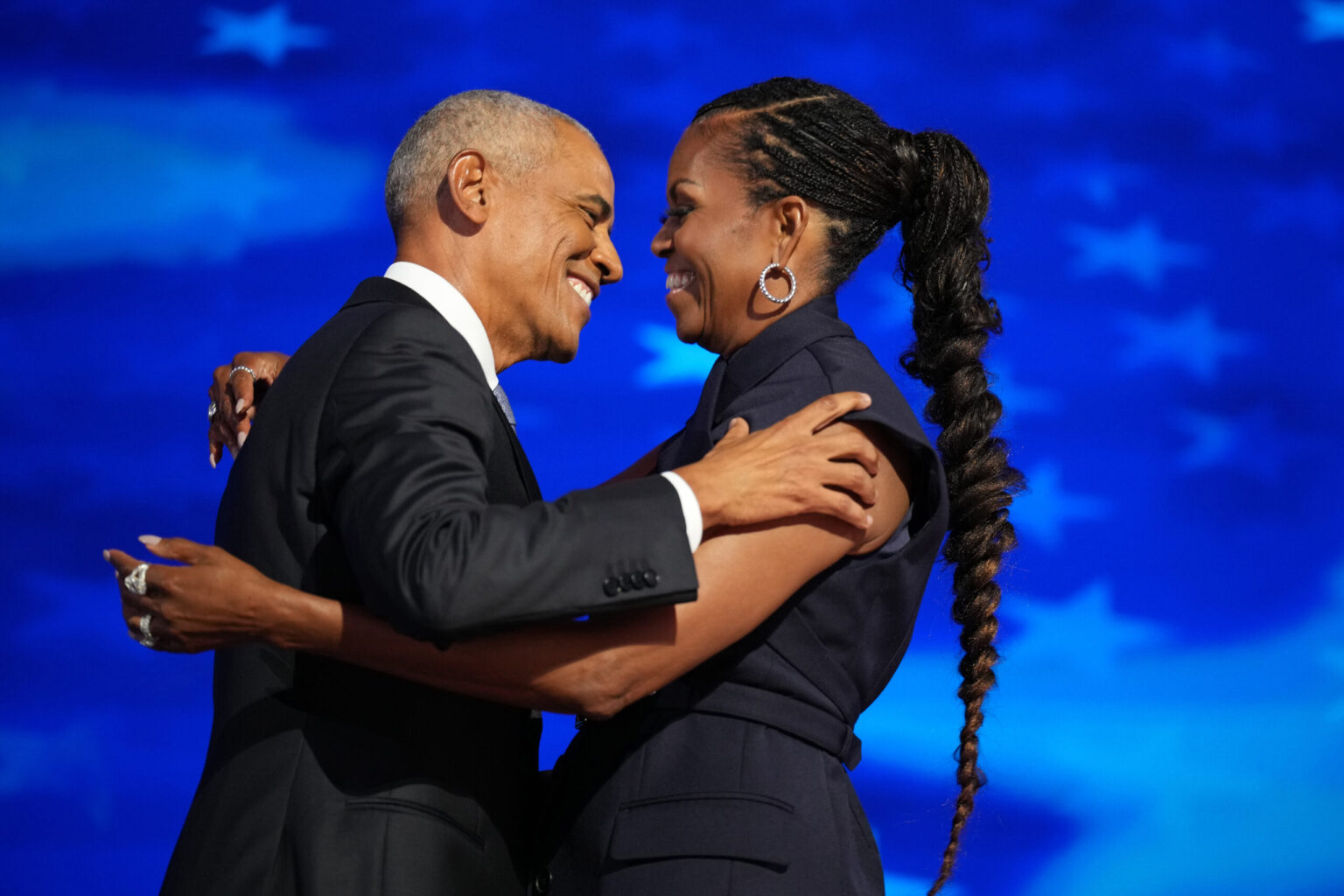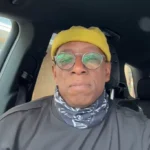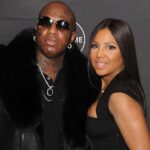Now Reading: John Boyega Blasts Star Wars: ‘It’s So White’ That Black Actors Struggle
-
01
John Boyega Blasts Star Wars: ‘It’s So White’ That Black Actors Struggle
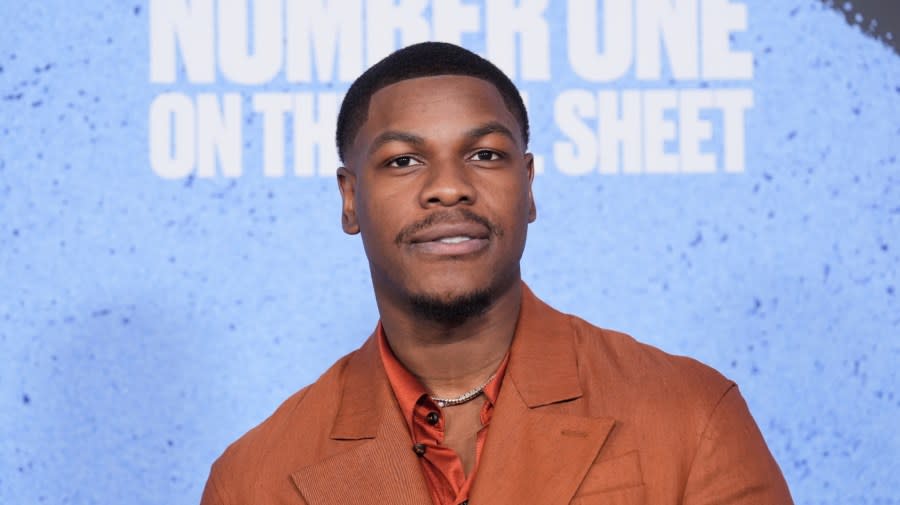
John Boyega Blasts Star Wars: ‘It’s So White’ That Black Actors Struggle
British-Nigerian actor John Boyega isn’t mincing words about his Star Wars experience. The 33-year-old star recently took aim at both the franchise and its fanbase while reflecting on the racist backlash he endured since his debut as Finn, the franchise’s first Black ex-stormtrooper.
In the new two-part AppleTV+ documentary, Number One on the Call Sheet, Boyega delivered a scathing assessment of diversity issues within the beloved sci-fi universe that millions adore worldwide.
“Star Wars Is So White”: Boyega’s Bold Claims About Hollywood’s Elite Space
“Star Wars is so White that it’s like, a Black person existing in [it] was something,” Boyega declared in the documentary. “Star Wars always had the vibe of being in the most whitest, elite space.”
This isn’t the first time Boyega has spoken out. He previously claimed his character was “sidelined” in favor of his white co-stars Daisy Ridley and Adam Driver, a point he reinforced in his recent comments.

Fanbase Under Fire: Boyega Addresses Racist Reactions
The actor didn’t just target the franchise itself but also called out segments of the fanbase who resist diverse casting in leading roles.
“They’re okay with us playing the best friend, but once we touch their heroes, once we lead, once we trailblaze, it’s like, ‘Oh my God, it’s just a bit too much! They’re pandering!'” he explained, highlighting a frustrating double standard many actors of color face in major franchises.
The “Token Black Character” Defense
Boyega also took aim at fans who point to the few Black characters in the franchise’s history as evidence of diversity, comparing it to sparse ingredients in a recipe.
“You can always tell it’s something when some Star Wars fans try to say, ‘Well, we had Lando Calrissian and had Samuel L. Jackson!'” Boyega remarked. “It’s like telling me how many cookie chips are in the cookie dough. It’s like, they just scattered that in there, bro!”
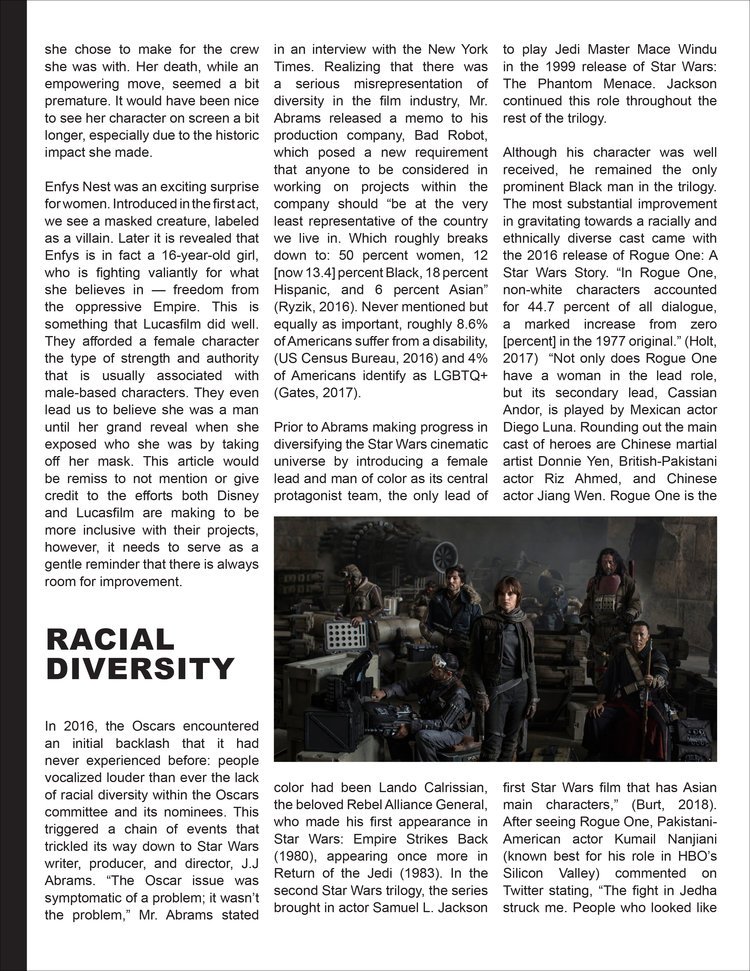
From “Opportunity of a Lifetime” to Disappointment
Despite his critiques, Boyega acknowledged that landing his role in The Force Awakens (2015) was transformative for his career, calling it a “fundamental moment” and the “opportunity of a lifetime.”
“We waited months for that. When that big call came in, that’s that call that all those stars talk about that changed their life and stuff. It’s like, ‘That’s it? That’s the call!’ It’s such an attack on reality,” he shared, reflecting on the surreal moment he learned he’d been cast.
However, the initial excitement gave way to frustration as Boyega watched his character’s importance diminish across the trilogy. He appeared in The Force Awakens (2015), The Last Jedi (2017), and The Rise of Skywalker (2019), but noticed his role progressively shrinking.

The 2020 Call-Out That Shocked Disney
This isn’t the first time Boyega has spoken out. In a headline-making 2020 interview with British GQ, he directly challenged Disney’s approach to diversity.
“What I would say to Disney is do not bring out a Black character, market them to be much more important in the franchise than they are and then have them pushed to the side. It’s not good,” he stated firmly in that interview.
At the time, he claimed the trilogy gave “all the nuance” to main characters Rey (played by Ridley) and the villainous Kylo Ren (played by Driver), while his character and others became increasingly marginalized.
A Larger Conversation About Representation in Hollywood
Boyega’s comments come at a time when conversations about authentic representation in Hollywood have intensified. His willingness to speak candidly about his experiences has made him an important voice in discussions about how major studios approach diversity.
The AppleTV+ documentary Number One on the Call Sheet, which features Boyega’s interview, explores the challenges and triumphs of Black actors in Hollywood, making his Star Wars revelations particularly relevant to the industry-wide conversation.

Moving Beyond Star Wars: Boyega’s Career After The Galaxy Far, Far Away
Since his Star Wars days, Boyega has carefully chosen roles that showcase his range as an actor, including critically acclaimed performances in Small Axe and Breaking. His outspokenness hasn’t hindered his career; if anything, it’s helped establish him as an actor with principles as well as talent.
While Disney and Lucasfilm have yet to respond to Boyega’s latest comments, his observations continue to spark important discussions about how major franchises can move beyond tokenism to authentic inclusion both in front of and behind the camera.
As Hollywood continues to evolve, voices like Boyega’s remain crucial in pushing the industry toward meaningful change rather than superficial diversity efforts that ultimately leave talented actors feeling marginalized in galaxies both near and far, far away.


